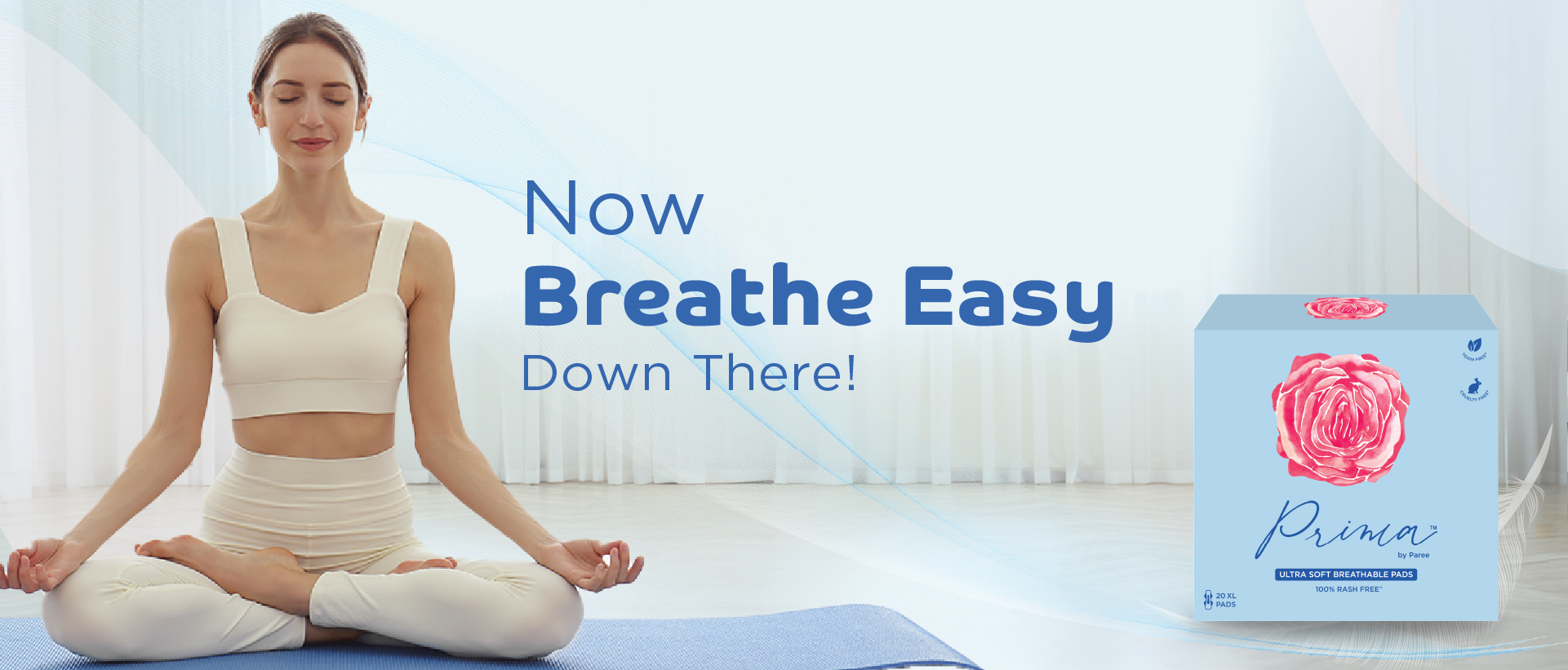
The temperature drop across North India has made this one of the coldest winters in years. While many enjoy the chilly weather, it can take a toll on menstrual health, especially for women who experience severe PMS or heavy periods. Cold weather, coupled with an inactive lifestyle (moving less and eating more) during winter, can make periods even more uncomfortable.
Reduced exposure to sunlight can lead to Vitamin D deficiency, which may cause hormonal imbalances, making periods last longer. A lack of Vitamin D can also lead to calcium deficiency, worsening PMS symptoms. Additionally, as the temperature drops, blood vessels stiffen, obstructing blood flow and increasing period pain.
Here are some pro tips to help you manage winter period symptoms and maintain both your physical and mental well-being during menstruation.
Eat Healthy and Maintain a Balanced Diet
Eating healthy can be challenging, but food is often the best medicine. A balanced diet during your period provides essential nutrients that help ease discomfort in winter. However, don’t limit healthy eating to just your period days—following nutritious eating habits daily can boost immunity and strengthen your body.
Since menstruation can cause a dip in immunity, women become more susceptible to infections during this time. It is important to consume proteins and magnesium, as they regulate serotonin levels and help improve mood.
Stay Hydrated
If your daily water intake is less than eight glasses, increase it to help your body cope better during your period. Staying hydrated can reduce cramps and backaches. Additionally, drinking electrolyte solutions like Gatorade can help maintain fluid balance in the body.

Try Light Exercise During Your Period
Working out during your period—especially in winter—may not seem appealing, but it can be highly beneficial. In the days leading up to your period, regular aerobic exercises and yoga can help lessen PMS symptoms. Consider light cardio, walking, or short aerobic exercises to relieve period cramps.
Get Plenty of Rest
Fatigue during your period is real and can feel even worse due to increased discomfort during winter. Aim to get at least 8 hours of sleep per night, particularly during your period, to allow your body to recover.
Choose the Right Sanitary Pads for Heavy Flow
During heavy flow days in winter, you may be more prone to rashes and irritation, making periods even more uncomfortable. It is crucial to choose the right sanitary pad based on your flow and skin type.
Opt for a super absorbent pad designed with a smooth, soft, and high-quality outer layer to ensure a comfortable and rash-free experience. Paree Sanitary Pads are very soft, designed to provide quick absorption and leakage protection, making them ideal for managing heavy flow in winter.
Increase Iron Intake to Tackle Heavy Flow
Women often feel weak and dizzy during heavy flow days due to blood loss. To combat this, it’s advisable to increase iron intake to regulate menstrual flow and prevent fatigue or nausea. Some easily available iron-rich foods include:
Including these foods in your diet can help maintain energy levels and reduce period-related discomfort.





Add comment